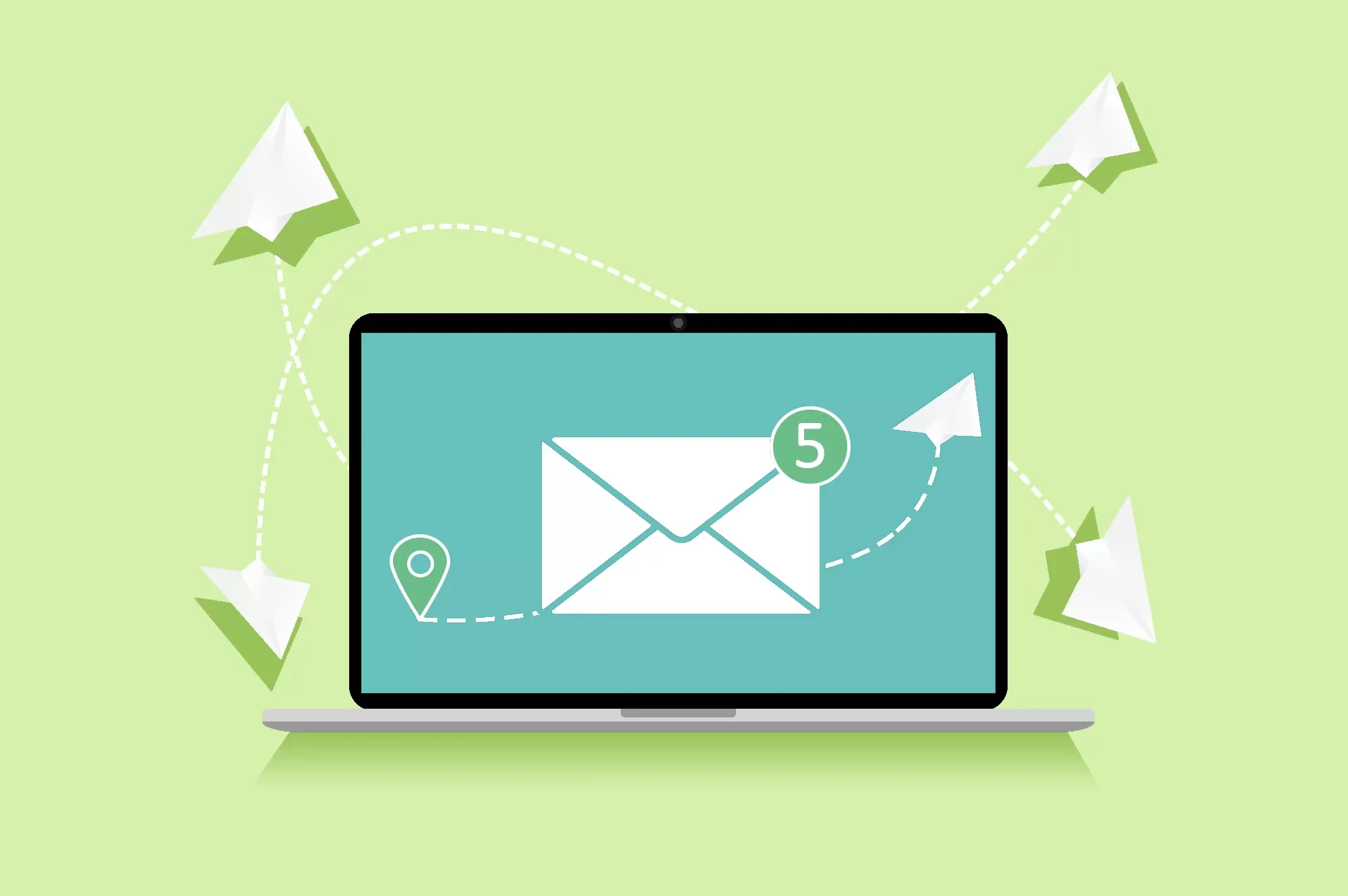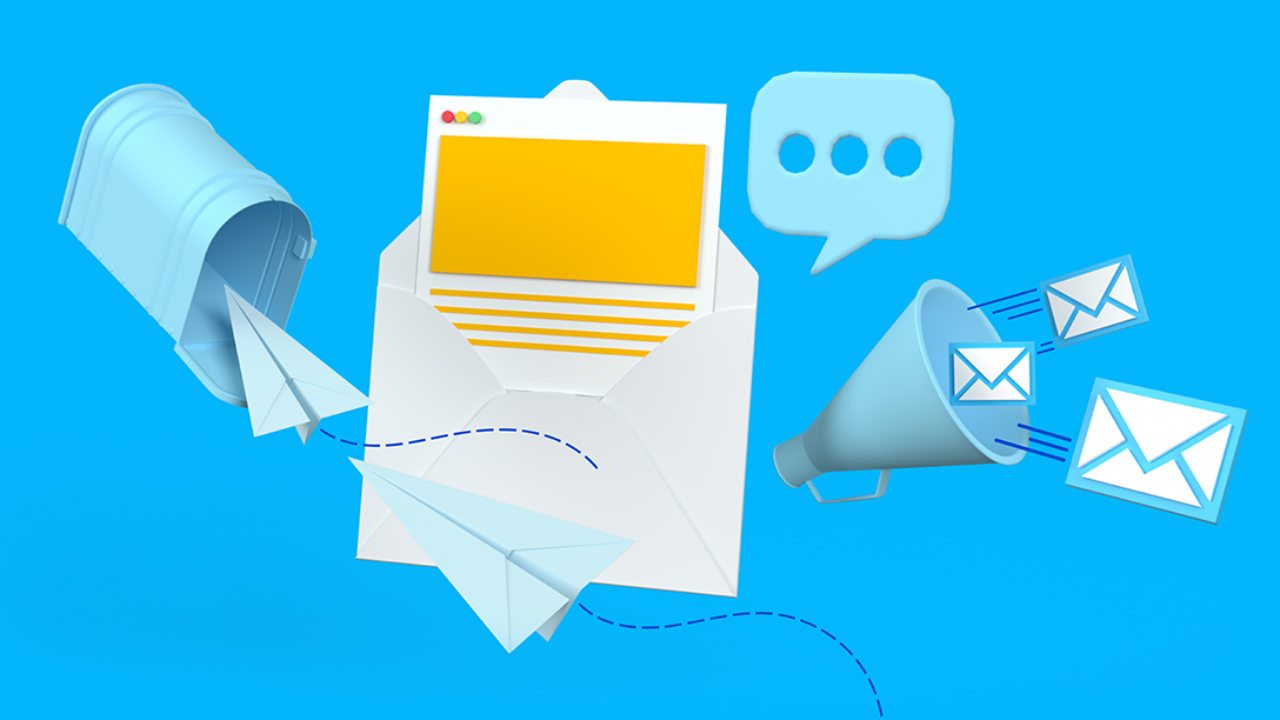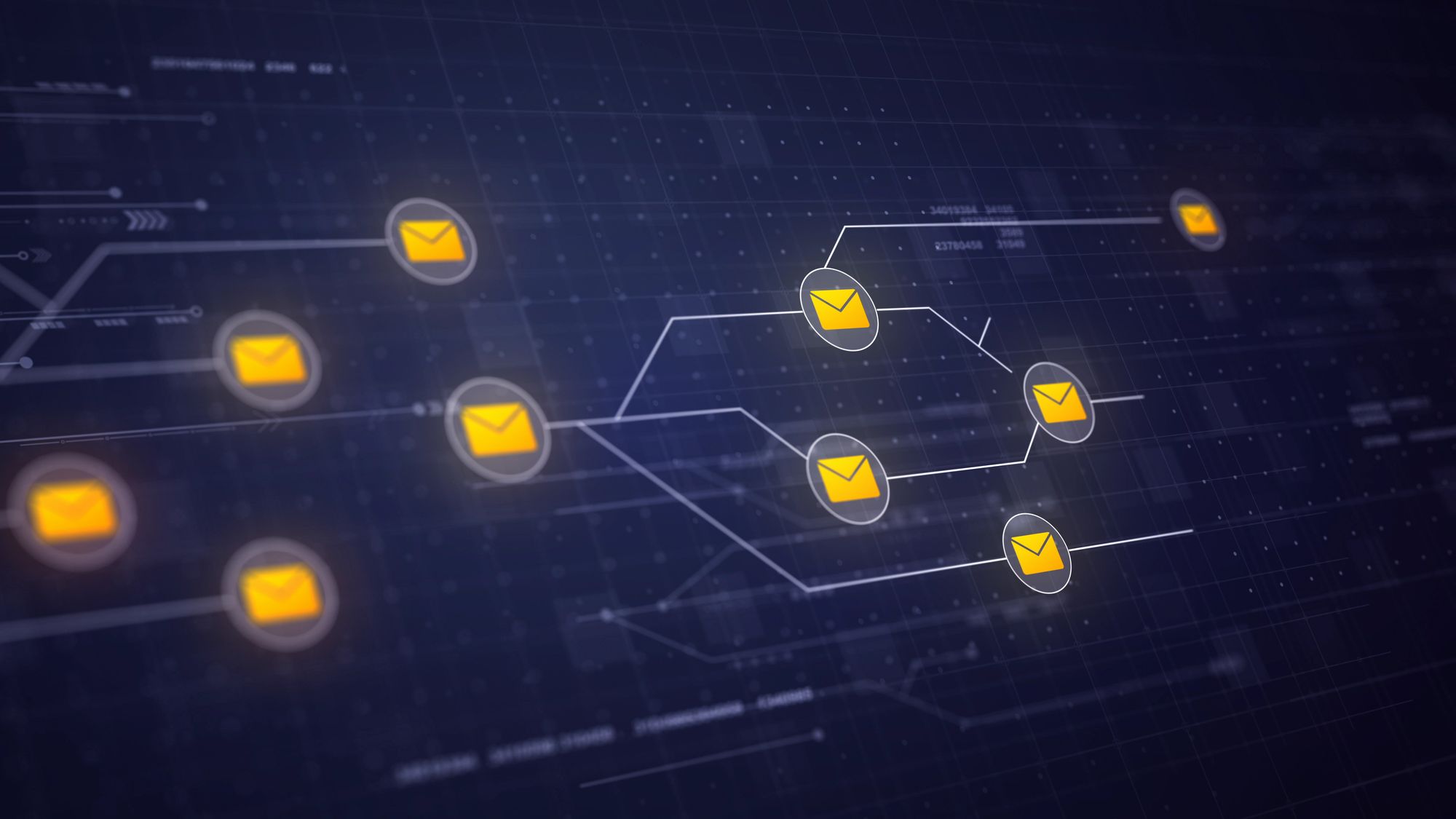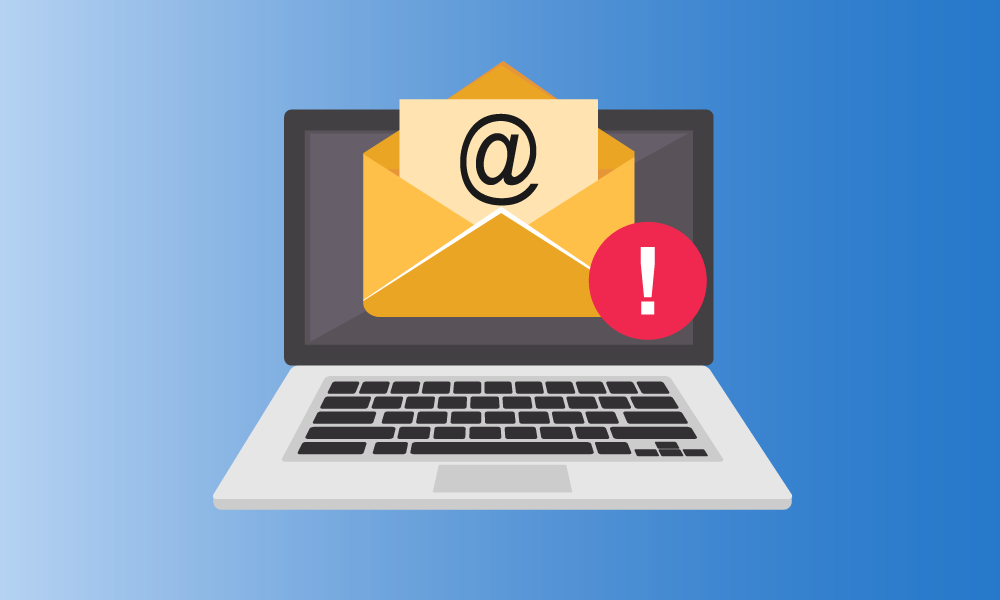Email has become an integral part of our daily lives, both personally and professionally. However, constantly checking your email can be a significant drain on productivity and focus. Finding the right balance between staying responsive and avoiding email overload is crucial. In this article, we'll explore how often you should check your email each day, providing expert insights and strategies for effective email management.
The Impact of Frequent Email Checking

Constantly checking your email throughout the day can have several negative consequences:
- Productivity Loss: Frequent email checking interrupts your workflow and decreases your ability to concentrate on important tasks. Each time you switch focus to check your email, it takes time to regain momentum, resulting in decreased productivity.
- Time Wastage: Excessive email checking consumes valuable time that could be better utilized for more meaningful and impactful work. It creates a constant cycle of distraction, as you lose time and attention to low-priority emails or non-essential communication.
- Stress and Overwhelm: Constant email checking can contribute to increased stress levels. It creates a sense of urgency and an expectation of immediate responses, leading to heightened pressure and a feeling of being overwhelmed.
- Lack of Focus: Frequent email interruptions disrupt your ability to maintain focus on important tasks or projects. It hampers deep work and prevents you from achieving a state of flow, where you can fully immerse yourself in meaningful work.
Strategies for Effective Email Management

To optimize your productivity and maintain focus, consider implementing the following email management strategies:
1. Establish Email Boundaries:
Set clear boundaries around email checking by defining specific times dedicated to email management. Designate certain periods in your day to focus solely on processing and responding to emails, allowing you to concentrate on other important tasks during the rest of your day.
2. Prioritize and Filter Emails:
Develop a system for prioritizing and filtering emails to ensure that you address the most critical messages first. Utilize email filters, labels, or folders to categorize emails based on urgency, importance, or specific projects. This way, you can quickly identify and respond to high-priority emails during your designated email-checking sessions.
3. Implement Email Notifications Wisely:
Disable or minimize email notifications to avoid constant distractions. Instead, schedule specific times to check your email and set aside dedicated periods for focused work without interruptions. Consider turning off email notifications on your mobile devices as well to prevent constant disruptions.
4. Practice Inbox Zero:
Adopt the Inbox Zero approach, which involves regularly processing and organizing your inbox to maintain a clean and clutter-free email environment. Set aside time each day to sort and archive emails, respond to important messages, and remove unnecessary or irrelevant emails from your inbox.
5. Communicate Email Response Expectations:
Set clear expectations with colleagues, clients, and team members regarding email response times. By communicating your preferred response timeframes and availability, you can manage others' expectations and avoid unnecessary stress or urgency.
How Often Should You Check Your Email Each Day?
The optimal frequency for checking your email each day varies depending on individual preferences, work requirements, and the nature of your role. Here are some guidelines:
1. Limit Email Checking to Specific Time Slots:
Many productivity experts recommend checking your email two to three times a day at designated time slots. This approach allows you to stay responsive while minimizing disruptions to your workflow. Consider checking your email in the morning, after lunch, and toward the end of the day.
2. Adjust According to Job Requirements:
Jobs that require immediate responses or involve critical customer support may necessitate more frequent email checking. Conversely, roles that allow for longer response times or involve concentrated work may benefit from checking emails less frequently, such as once or twice a day.
3. Experiment and Find Your Optimal Balance:
Every individual's work style and email demands are unique. Experiment with different email checking frequencies and assess how each approach impacts your productivity and focus. Find the balance that works best for you and adapt as needed.

Commonly Asked Questions about Email Checking Frequency
Here are answers to some commonly asked questions about how often you should check your email each day:
1. Is it necessary to check email immediately upon receipt?
No, it's not necessary to check email immediately upon receipt. Establishing specific email-checking time slots allows you to stay responsive while minimizing interruptions and maintaining focus on important tasks.
2. Can I set an automatic email response to manage response time expectations?
Yes, setting an automatic email response can help manage response time expectations. Use it to inform senders about your preferred response timeframes or provide alternative contact methods for urgent matters.
3. How can I avoid feeling guilty or anxious about not checking my email frequently?
Remember that managing email effectively is essential for productivity and focus. Embrace the benefits of reducing email distractions and prioritize your work accordingly. Communicate your email management strategy with colleagues and establish mutual understanding.
4. What if my job requires immediate email responses?
If your job requires immediate email responses, consider dedicating specific time slots throughout the day for checking and responding to emails promptly. Communicate with your team and stakeholders to manage response time expectations effectively.
5. Can I still stay responsive even if I check my email less frequently?
Absolutely! By setting clear communication channels, establishing response time expectations, and proactively managing your email during dedicated time slots, you can stay responsive and maintain effective communication without the constant interruption of frequent email checking.
Conclusion
Discovering the right balance for checking your email each day is essential for productivity, focus, and maintaining a healthy work-life balance. Implementing effective email management strategies, setting clear boundaries, and finding your optimal checking frequency will help you reclaim control over your inbox and boost your overall efficiency and well-being.



